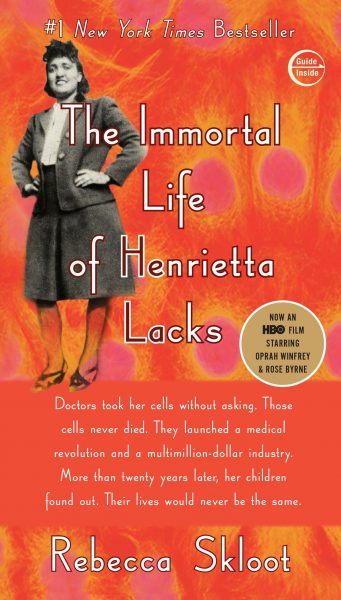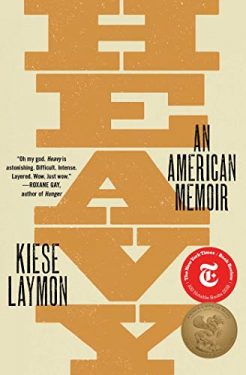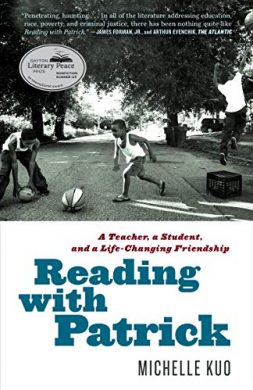
I have always found solace in stories. These are just a few of my thought-provoking favorites from the past year detailing public health, life in the South, and people working to make positive change in the region.
Rebecca Skloot’s The Immortal Life of Henrietta Lacks is a deep dive into HeLa cells, the first immortal cell line that has been extremely prolific and transformed medicine and biomedical research, and the life story of the woman who made them possible.
In 1951, these cells were taken from Henrietta Lacks, an African-American woman, without informed consent, by a doctor at Johns Hopkins. Lacks, who was raised in Virginia and living in Maryland, had traveled to Hopkins for medical care since it was one of the only hospitals in the area that treated black patients at the time.
During one of her treatments, cells were taken from her cervical cancer tissue without her consent, and these became the first immortal cell line — able to continue endlessly replicating outside of the body. The cells have since been used in research for cancer, polio, AIDS, gene mapping, and other scientific discoveries.
Yet Lacks’ descendants have never received any compensation and have limited access to healthcare in America due to the insurance system. The book’s discussion of paradigm-shifting science juxtaposed with discussions of medical ethics and race is both a scientific adventure and an insightful exploration of what justice looks like in an American medical system that has disproportionately caused, and continues to disproportionately cause pain for minoritized patients.


Kiese Laymon’s Heavy: An American Memoir, is Laymon’s letter to his mother about the ways their complicated relationship has embedded itself into his life.
Growing up, her discipline instilled a love of reading and writing within him, but her own abusive relationships left scars and trauma in Laymon as well, manifesting as Laymon’s unhealthy relationships with food and gambling.
This book is a moving portrait of one life rooted in the South, detailing American racism, feminism, and family. While Laymon moves through life, his past continuously shapes his present.
His memoir prompts an examination of the way each of our communities imprints us and how we move forward for positive change.
Michelle Kuo’s memoir Reading with Patrick details her two years of post-college Teach for America experience in the Delta. While she eventually leaves for Harvard Law, she believes she was a force for positive change during her time, and particularly within the life of one of her favorite students, Patrick.
When she returns nearly three years later, she realizes that rectifying structural inequities requires more than a single person, although every individual effort makes a small difference. She sees that her intentionality and firm conviction in making the world a better place must be coupled with equitable policies, funding, and societal change.
As someone on the verge of college graduation and thinking about the ways in which I hope to exist in the world, Kuo’s ruminations on the work it will take to heal individuals, communities, and eventually, our nation, left me inspired.

I hope you find these books as educational, challenging, and inspiring as I did.
More from Claire Bunn here.
HPHR.org was designed by ComputerAlly.com.
Visit HPHR’s publisher, the Boston Congress of Public Health (BCPH).
Email communications@bcph.org for more information.

Click below to make a tax-deductible donation supporting the educational initiatives of the Boston Congress of Public Health, publisher of HPHR Journal.![]()